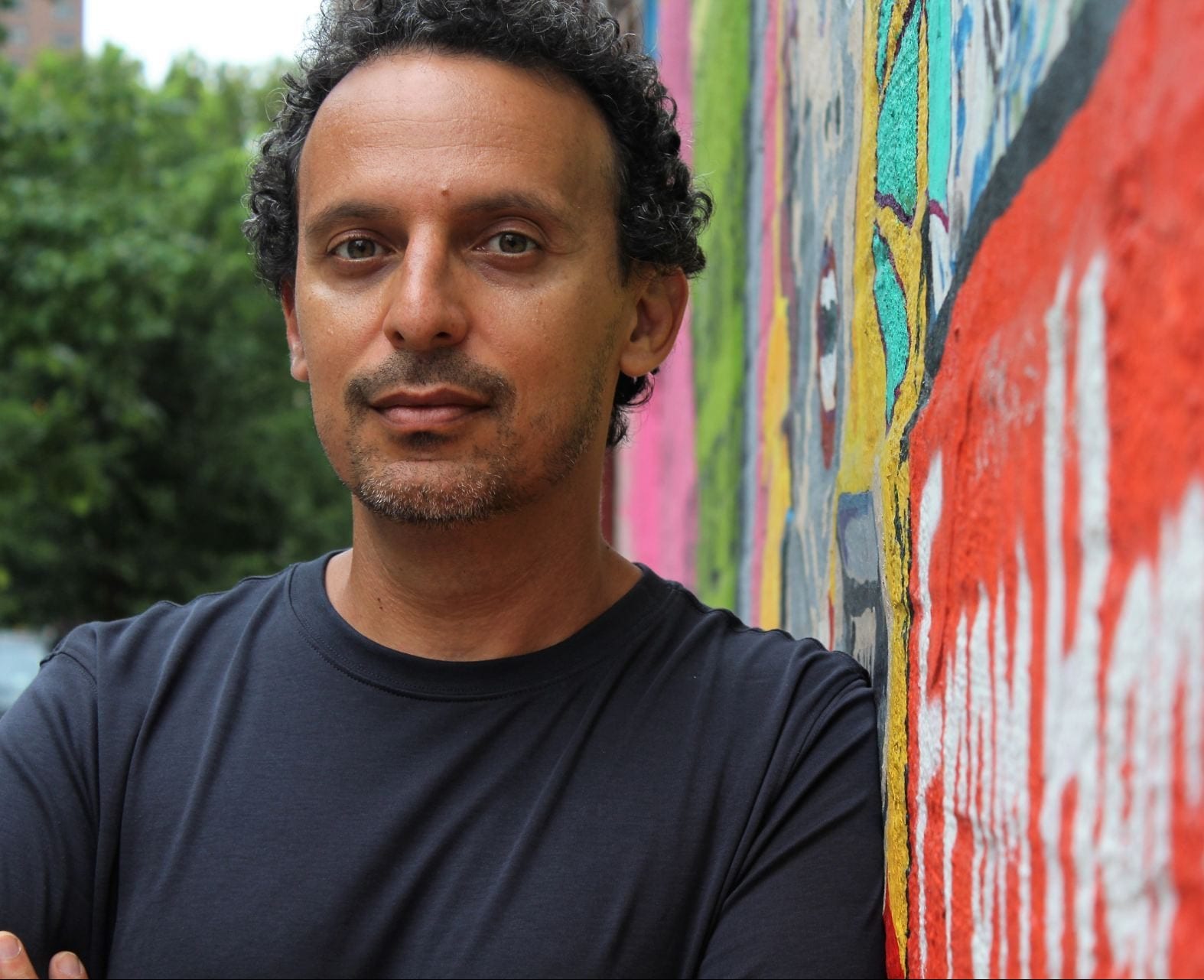
Hisham Aidi, Columbia University
Hisham Aidi teaches international relations at Columbia University’s School of International and Public Affairs. He is the author of Redeploying the State (Palgrave 2008) a comparative study of market reform and labor movements in Latin America; and co-editor, with Manning Marable, of Black Routes to Islam (Palgrave 2009). Aidi is the recipient of the Carnegie Scholar Award (2008), the Open Society Foundation Fellowship (2010), and the American Book Award of 2015. He is currently a scholar-in-residence at the Schomburg Center for Research in Black Culture, leading a research project titled “W.E.B. Du Bois and the Afro-Arab World.”

Joel Beinin, Stanford University
Joel Beinin is the Donald J. McLachlan Professor of History and Professor of Middle East History, Emeritus at Stanford University. He received his A.B. from Princeton University in 1970, M.A. from Harvard University in 1974, and Ph.D. from the University of Michigan in 1982 before coming to Stanford in 1983. From 2006 to 2008 he served as Director of Middle East Studies and Professor of History at the American University in Cairo. In 2002 he served as president of the Middle East Studies Association of North America.
Beinin’s research and writing focus on the social and cultural history and political economy of modern Egypt, Palestine, and Israel, the Palestinian-Israeli Conflict, and US policy in the Middle East. He has written or edited eleven books, most recently, Workers and Thieves: Labor Movements and Popular Uprisings in Tunisia and Egypt (Stanford University Press, 2016) and Social Movements, Mobilization, and Contestation in the Middle East and North Africa, 2nd edition (Stanford University Press, 2013), co-edited with Frédéric Vairel.
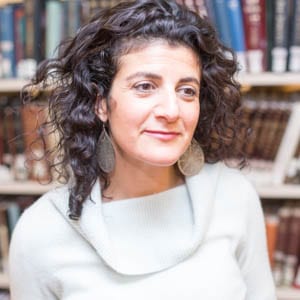
Galeet Dardashti, Jewish Theological Seminary
Dr. Galeet Dardashti is currently Assistant Professor of Jewish Music & Musician-in-Residence at the Jewish Theological Seminary in Manhattan. She holds a Ph.D. in cultural anthropology and has garnered many fellowships for her academic research including Fulbright Hays, the Memorial Foundation for Jewish Culture, and the Foundation for Jewish Culture. Her recent positions have included Postdoctoral Fellow at NYU’s Taub Center for Israel Studies and Reitman Fellow at the Bildner Center and Department of Jewish Studies at Rutgers University. Dr. Dardashti’s many publications examine Israeli music/media, Mizrahi cultural politics, Arab/Jewish artistic “coexistence,” and theoretical questions surrounding the political economy of religious philanthropy and what drives cultural production today. Her current book project explores the popularity of Mizrahi piyyutim (religious songs) in contemporary Israel.
Dardashti also has an active performing career. She has earned a reputation as a trail-blazing performer of Middle Eastern Jewish music as founder and leader of the internationally renowned all-female musical group, Divahn, and through her multi-disciplinary commissions, The Naming (Six Points Fellowship), and Monajat (FJC Inaugural Music Commission), which she is performing here on in Arkansas as part of our conference.
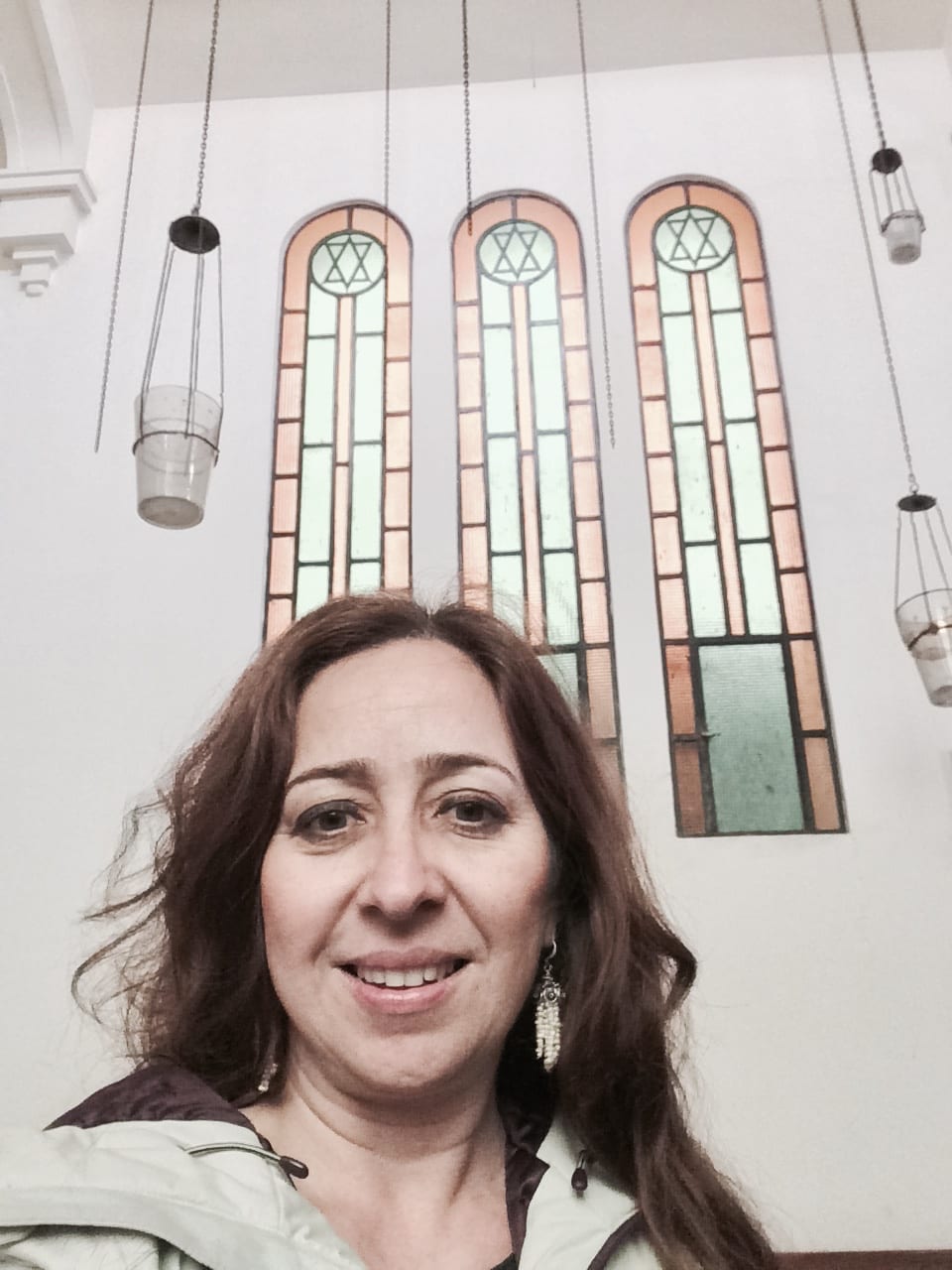
Vanessa Paloma Elbaz, Cambridge University
Vanessa Paloma Elbaz is Research Associate of the Faculty of Music at the University of Cambridge working on the ERC funded project “Past and Present Musical Encounters Across the Strait of Gibraltar”. Dr. Elbaz was granted her Ph.D. from the Sorbonne’s CERMOM research group of the INALCO with félicitation du jury and was nominated for the best dissertation of the year for INALCO in 2018. In 2012 she founded KHOYA: Jewish Morocco Sound Archive in Casablanca. Her work has been featured on PBS, NPR, PRI, the New York Times, the BBC, I24, France24 and Al Jazeera international amongst others. She is also an international performing artist of Moroccan Jewish repertoires.
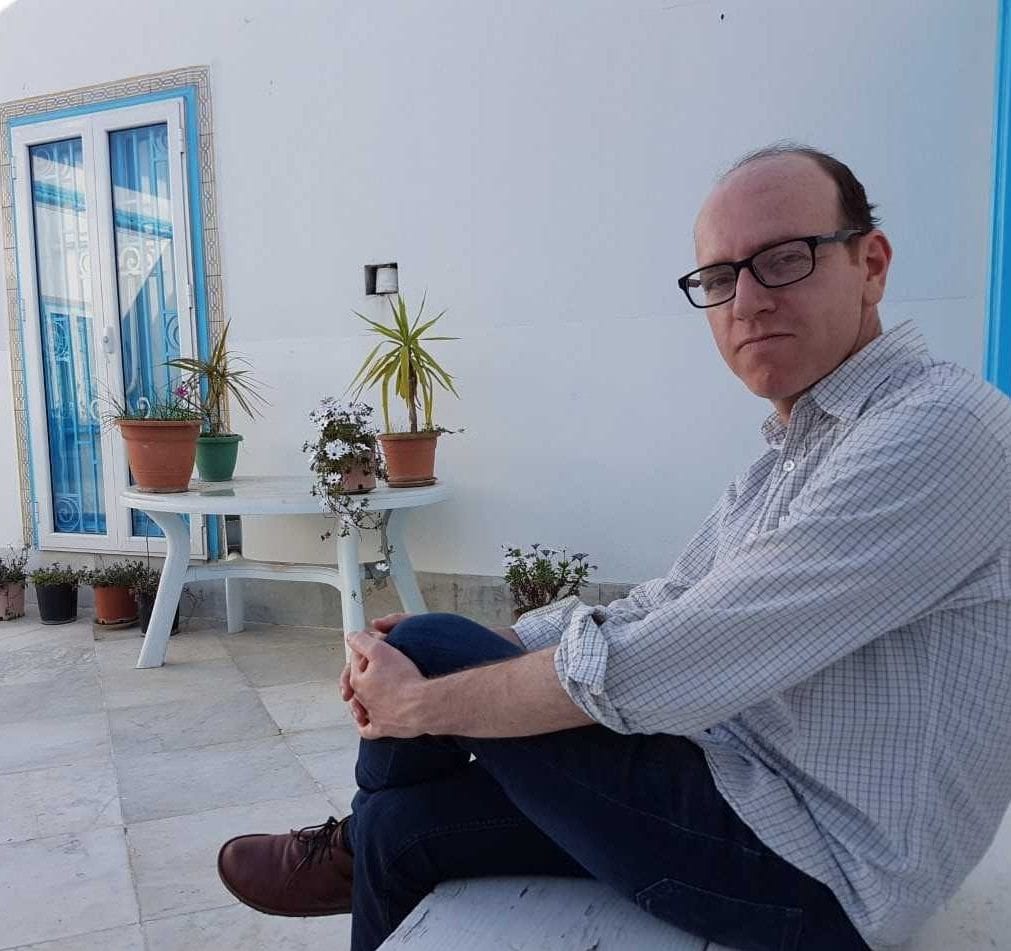
Jonathan Glasser, College of William & Mary
Jonathan Glasser is associate professor of Anthropology at William & Mary in Williamsburg, Virginia. His first book, The Lost Paradise: Andalusi Music in Urban North Africa (University of Chicago Press, 2016), received the Mahmoud Guettat International Prize in Musicology from the Tunisian Ministry of Cultural Affairs and the L. Carl Brown Book Prize from the American Institute for Maghrib Studies. His current book project focuses on Muslim-Jewish relationships around music in Algeria and its French diaspora. In 2019-2020, he will be a fellow at the Institute for Advanced Study in Paris, and he has twice been a Fulbright Fellow in Morocco.
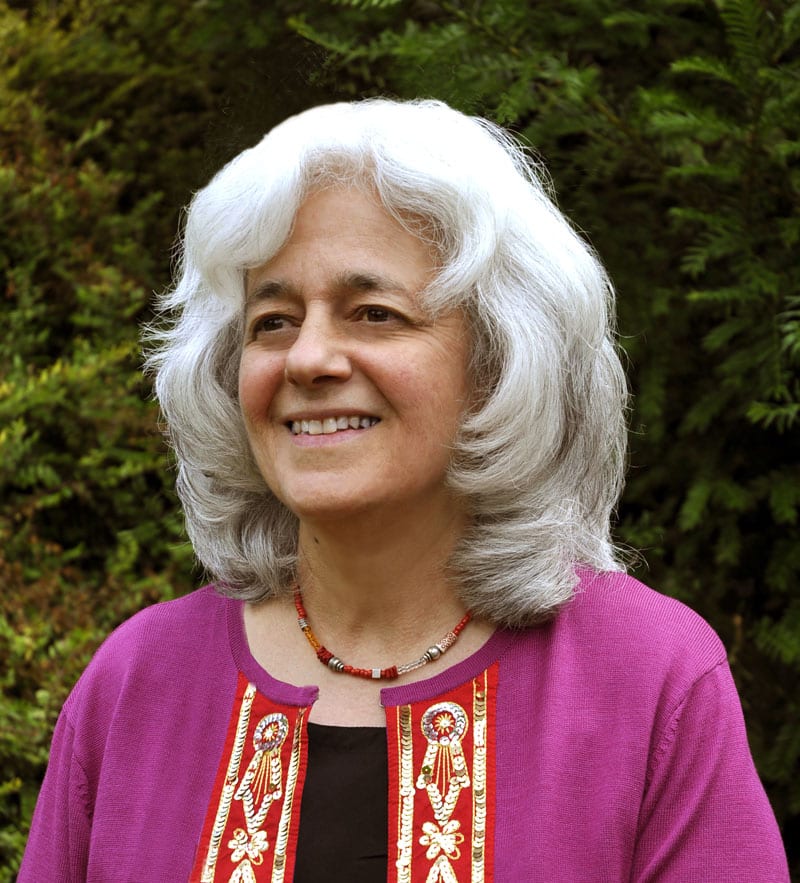
Sara Manasseh, Independent Scholar
Dr. Sara Manasseh is an ethnomusicologist and performer of the music traditions of the Jews of Iraq. She is the founding director of the vocal and instrumental ensemble, Rivers of Babylon (London, 1999), performing a Judeo-Arabic repertoire of religious and secular songs of the Jews of Iraq, Iraqi song, middle eastern instrumentals and vintage Bollywood songs. She was born in Bombay and moved to London(UK) in 1966. Her family, originally from Baghdad, settled in Bombay during the 19th and 20th centuries.
Following diplomas in the piano (LRAM) and in specialist music teaching, Sara Manasseh was Head of Music at London Comprehensive schools for a number of years, during the 1970s and 1980s, and later, Senior Lecturer in Music at Kingston University, Surrey (UK). She has also lectured in Jewish Music at SOAS (School of Oriental and African Studies, London). She played trombone for a number of years in the London Vintage Jazz Orchestra and in the Astoria Jazz Band.
Sara Manasseh’s Master’s dissertation (1985, London) focused on Babylonian religious song, with material collected from expert informants in Bombay, London, Manchester and Israel: Sabbath and Festival Songs of the Babylonian Jewish Tradition: A Study of Variation and Stability: Baghdad to Bombay and Beyond. Her doctoral dissertation (1999, London), following intensive fieldwork in Israel, particularly with the Iraqi Jewish community in Ramat Gan, focused on Iraqi Jewish women and secular song: Women in music performance: The Iraqi Jewish experience in Israel. She is currently involved in research in Baghdadian and Bene Israel Jewish musical traditions, and the contribution of Indian Jewish musicians, choreographers and dancers to Indian film.
Sara Manasseh’s publications include the CDs, Shbaḥoth – Iraqi Jewish Song from the 1920s (2004 Futter/Manasseh); Shir Hodu: Jewish Song from Bombay of the ’30s (2009 Futter/Manasseh), a collection of remastered 78 rpms of Bene Israel and Babylonian Jewish song; the book, Shbaḥoth – Songs of Praise in the Babylonian Jewish Tradition: From Baghdad to Bombay and London (2012, Ashgate) with accompanying CD: More Precious than Pearls – Sara Manasseh: vocals, Ehsan Al-Emam: ‘oud, Waleed: percussion; and the latest Rivers of Babylon CD, From Her Father’s House (2015, Manasseh), a collection of Babylonian Jewish and Iraqi Arabic song.
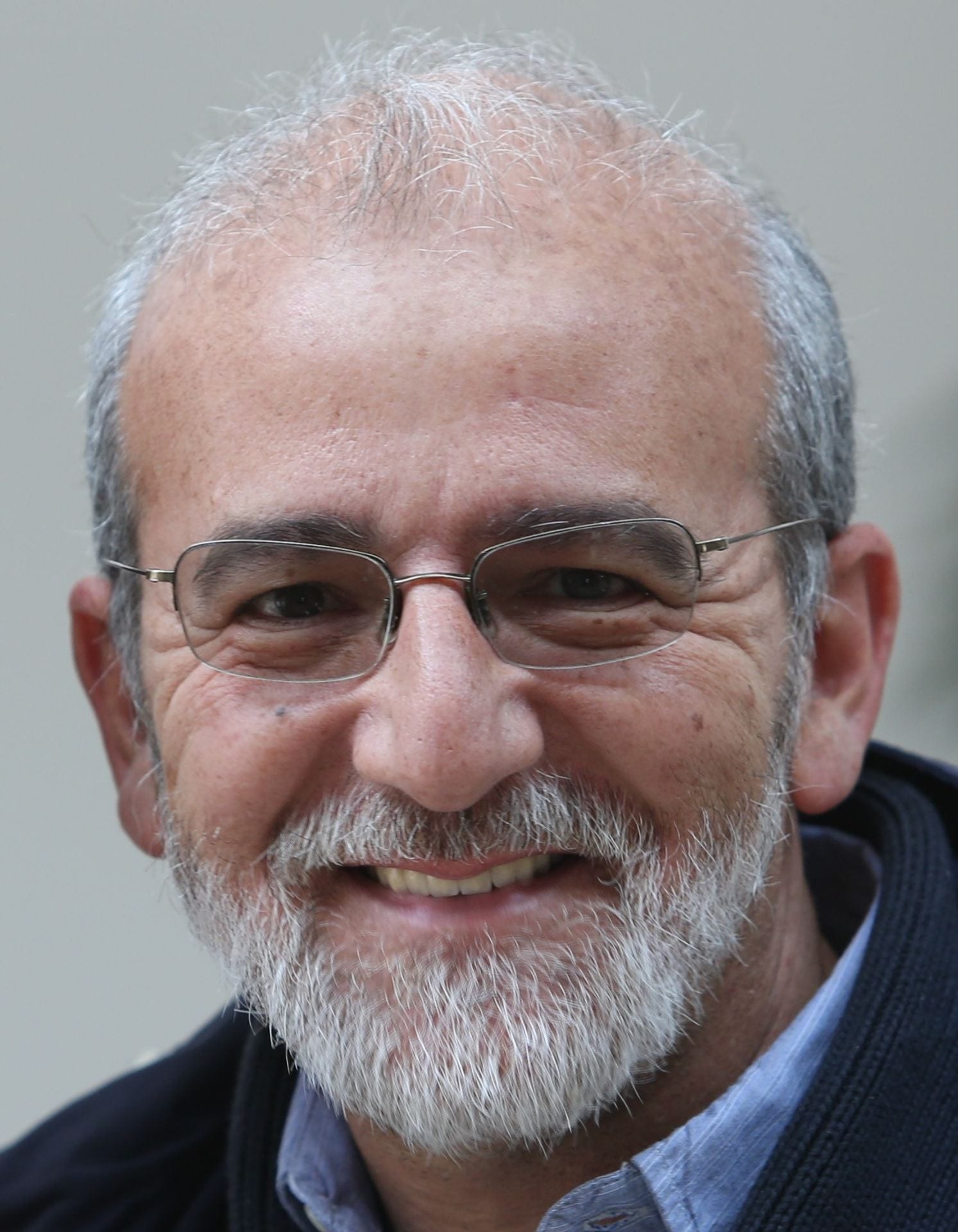
Edwin Seroussi, Hebrew University
Edwin Seroussi is the Emanuel Alexandre Professor of Musicology at The Hebrew University of Jerusalem and Director of the Jewish Music Research Centre since 2000. He has previously taught at the Department of Music of Bar Ilan University and has been a visiting professor at several institutions, such as the University of California at Berkeley, Moscow University, Institut für Mussikwissechaft in Zürich, Universidad de Buenos Aires, Harvard University, University of Chicago, University of Pennsylvania and Dartmouth College, where he is a permanent Visiting Scholar.
Born in Montevideo, Uruguay, Prof. Seroussi immigrated to Israel in 1971 where he studied at the Department of Musicology at the undergraduate and graduate levels continuing into his doctoral studies at the University of California Los Angeles (1981-1987). As a faculty member of the Department of Musicology at The Hebrew University, he teaches ethnomusicology, world music, theory and methodology in the study of oral traditions and popular music. Besides his academic activities he is active in the music scene of Israel and abroad in diverse capacities as producer, advisor, member of the board of musical institutions and representative to the International Music Council (UNESCO).
His research focuses on the musical cultures of the Mediterranean and the Middle East, interactions between Jewish and Islamic cultures and popular music in Israel exploring process of hybridization, diaspora, nationalism and transnationalism. He founded Yuval Music Series and is editor of the acclaimed CD series Anthology of Music Traditions in Israel.
Seroussi has been awarded several prestigious prizes, among them the Israel Prize for 2018 in the field of musicology. In the spring of 2019 he is a fellow at the Herbert D. Katz Center for Advanced Judaic Studies of the University of Pennsylvania.
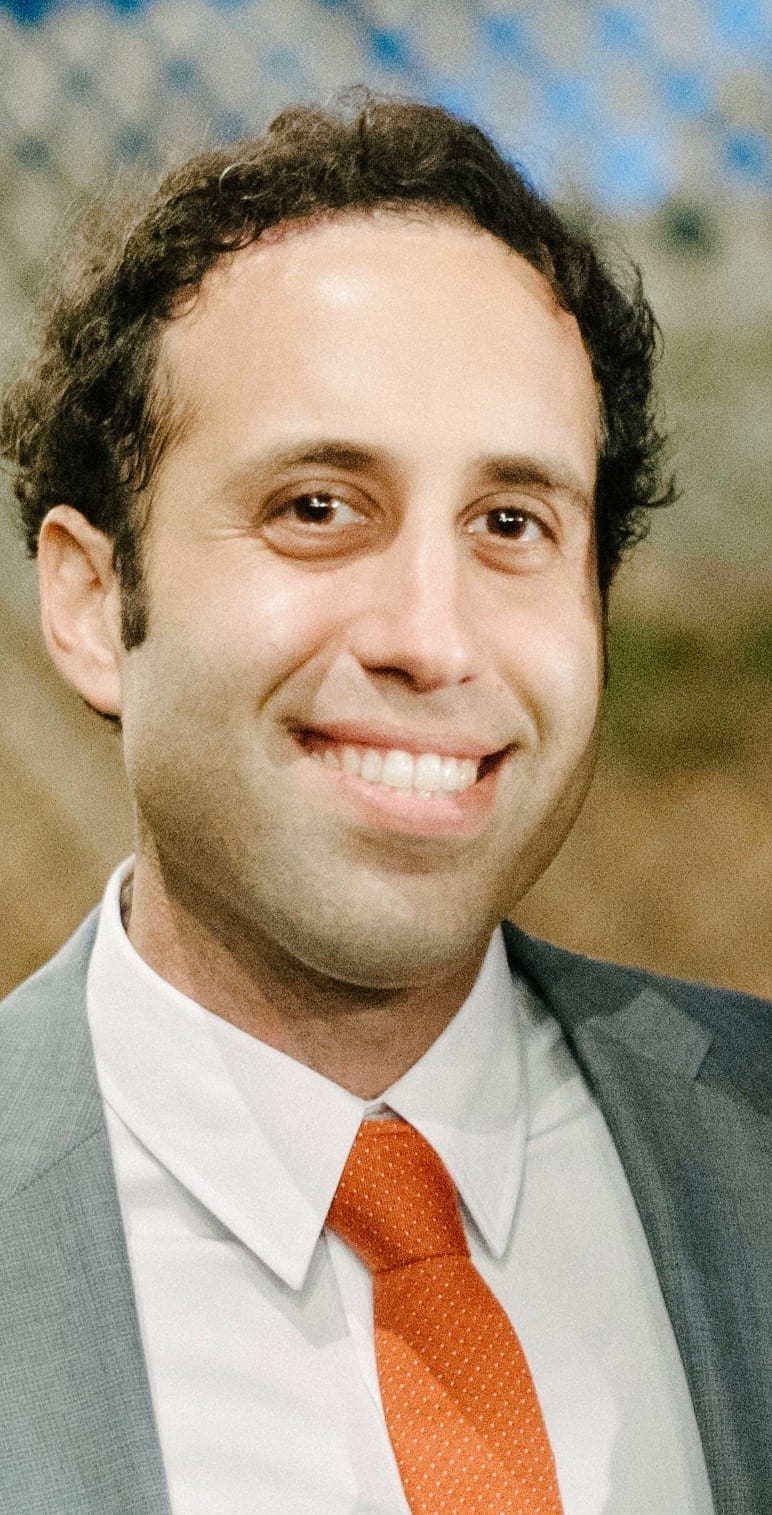
Chris Silver, McGill University
Chris Silver currently serves as the inaugural Segal Family Assistant Professor in Jewish History and Culture in the Department of Jewish Studies at McGill University. He earned his MA and PhD from UCLA in History. Before that, he completed his BA at UC Berkeley. He is now in the process of turning his dissertation, “Jews, Music-Making, and the Twentieth Century Maghrib,” into a book manuscript.
For Silver’s research –– which explores the outsized role played by Jews in the Moroccan, Algerian, and Tunisian music scenes in the twentieth century –– he has been awarded numerous prizes. Awards from the Posen Foundation, the American Academy of Jewish Research, and the American Institute for Maghrib Studies have allowed him to conduct innovative archival work in Morocco, Algeria, Tunisia, France, Canada, and Israel. His articles have appeared in the Moroccan history journal Hespéris-Tamuda, online for the journal History Today, as well as in other popular online and print publications.